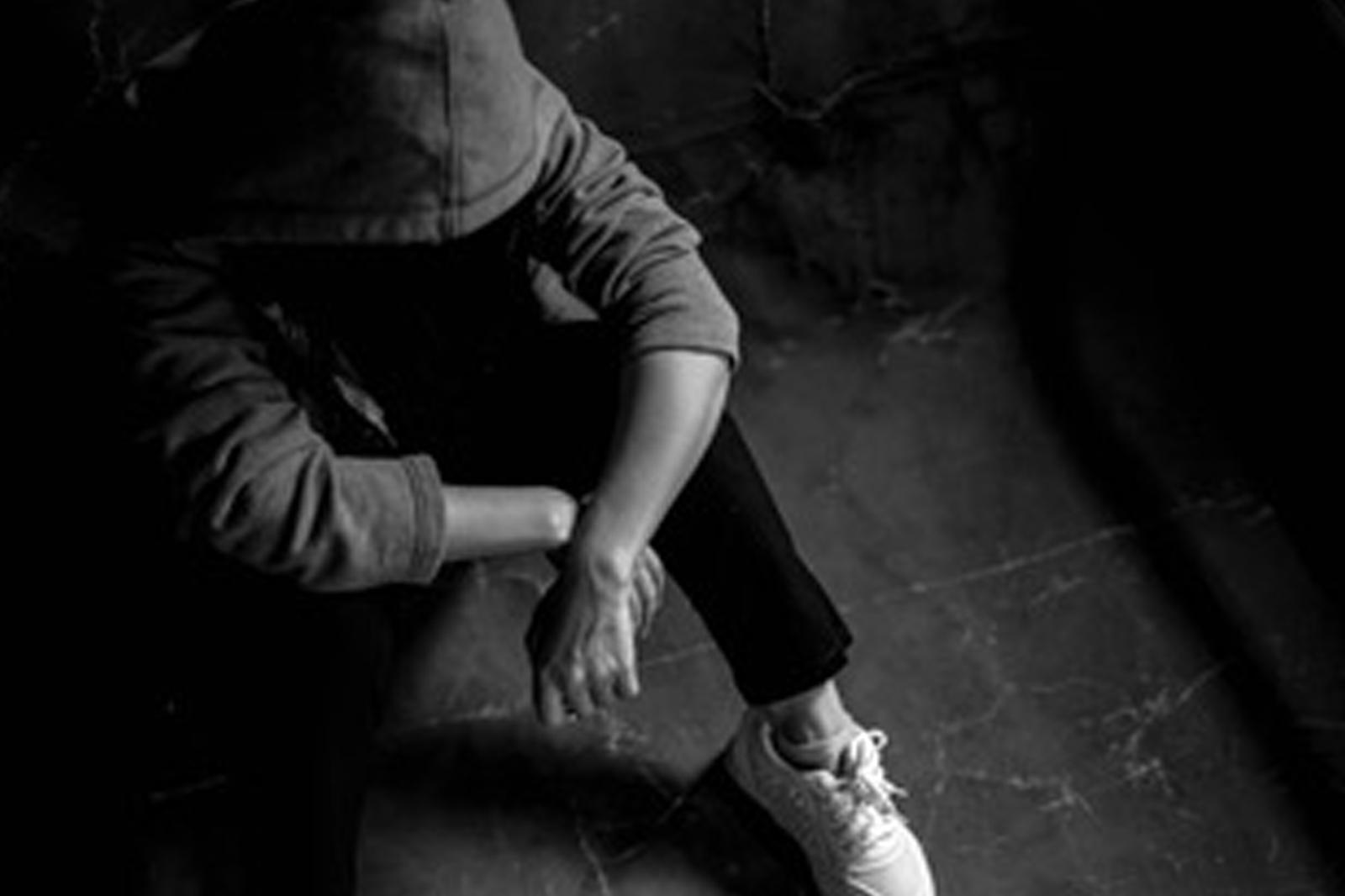There are many treatment options available to help individuals with substance use disorder, SUD, and other addictive behavior problems. Many modalities, particularly behavioral therapies, have successfully helped people find their way down the recovery path from SUD. CBT has been a longstanding, go-to therapeutic choice for people with addictive behaviors.
In the 1980s, Dr. Marsha M. Linehan coauthored dialectical behavioral therapy or DBT. It is talk therapy that integrates Buddhist-based mindfulness along with other derivative components comprising CBT. Initially, the intent for DBT was for people diagnosed with borderline personality disorders and individuals prone to suicidal ideations or self-harm. However, researchers discovered later that DBT could benefit people with substance use disorder also.
Synthesizing Acceptance and Change
To seek professional help for addictive behaviors means there is first an acceptance that there is a problem. Only then can a person take steps to facilitate the necessary change of the dynamics constituting the individual's relationship and connection with drugs and alcohol.
The expansive aim of DBT is to integrate “mindful acceptance” and “cognitive-behavioral change”—which you might recognize the echo of similarity to the serenity prayer. This infamous prayer used in 12-step programs and other similar programs encourages participants to accept what they cannot alter and take responsibility for the things in their life that they can change. An inpatient rehab facility that offers DBT provides a controlled environment away from people, places, and things that could be triggers and temptations. Dialectical behavioral therapy was developed to help people build a life they would want to live and fortify by making healthy choices.
Understanding the Four Core DBT Skill Modules
The foundation on which dialectical behavioral therapy was built upon helped patients forge a life worth living. Even though there is a slight difference in DBT for psychosocial issues and the DBT adapted for addictive behaviors, the therapy's four core areas remain irreplaceable. One module is designated for the skills of acceptance, and the second set of methods is focused on change. The four therapeutic components include these areas:
Acceptance-based skills
- Mindfulness: requires remaining aware of one's self and others in the present moment—the here and now—state of being to allow for the judgment-free acceptance of one's behavior, feelings and thoughts
- Distress tolerance: skills in this module means the practitioner must accept and endure the pain and pressure of the moment so that healthier reactions are possible than those reflexive responses that involve the misuse of drugs and alcohol or resignation to self-harm
Change-focused skills
- Emotional regulation: involves the discovery, comprehension, and changing of destructive emotions into more productive alternatives
- Interpersonal effectiveness: fosters healthy relationships by assertively setting boundaries and strengthening self-respect while still showing respect to others
Choosing to enter an inpatient rehab for drug detox, prescription drug rehab, or alcohol detox is one of the best decisions you or your loved one can make. Discover Wish Recovery. We offer DBT and other evidence-based therapeutic and clinical treatment options that we combine in a way that is unique to your specific needs. With luxury accommodations and a staff of dedicated experts in medicine, psychiatry, and psychology, you will receive first-class care. Contact us today for a private consultation!


